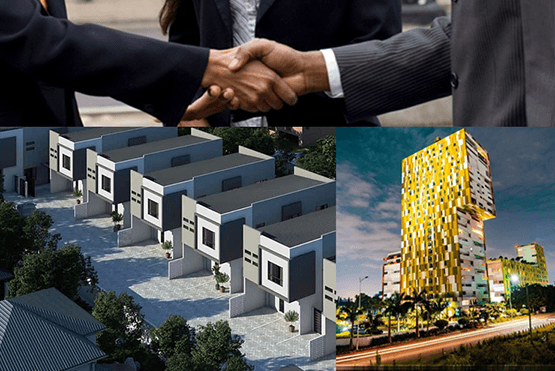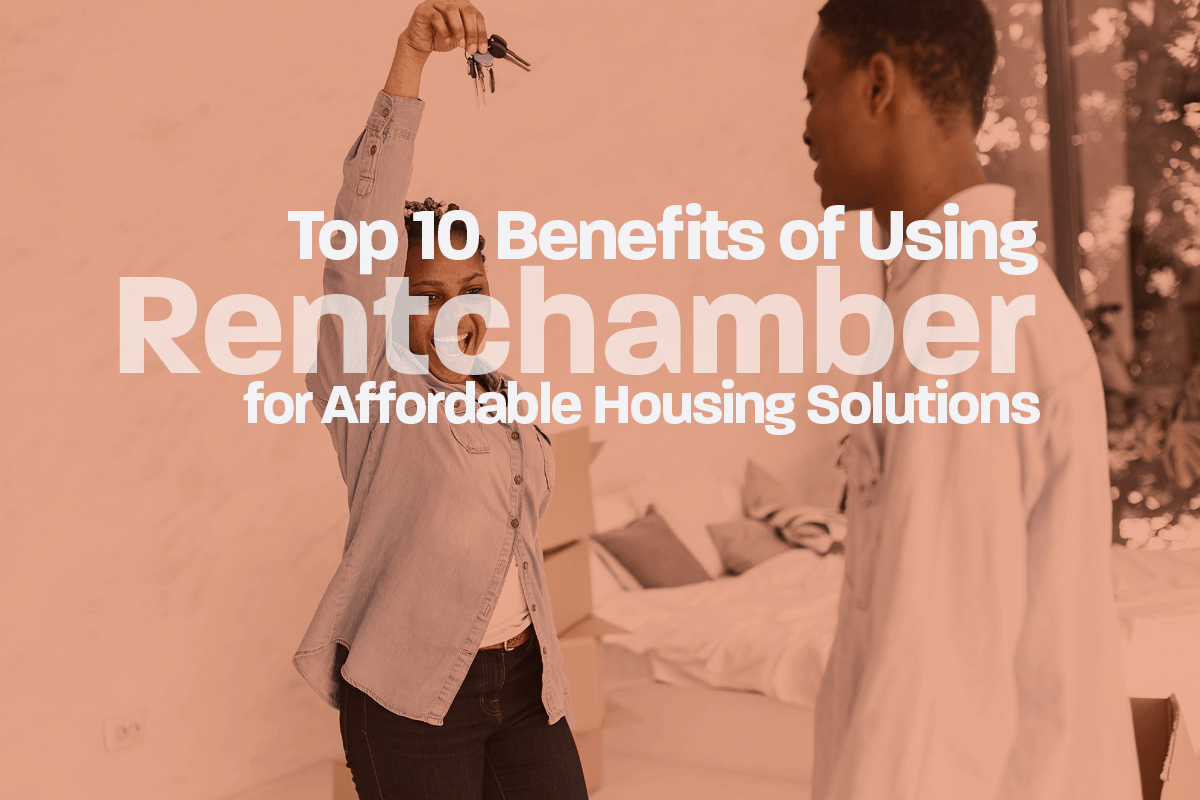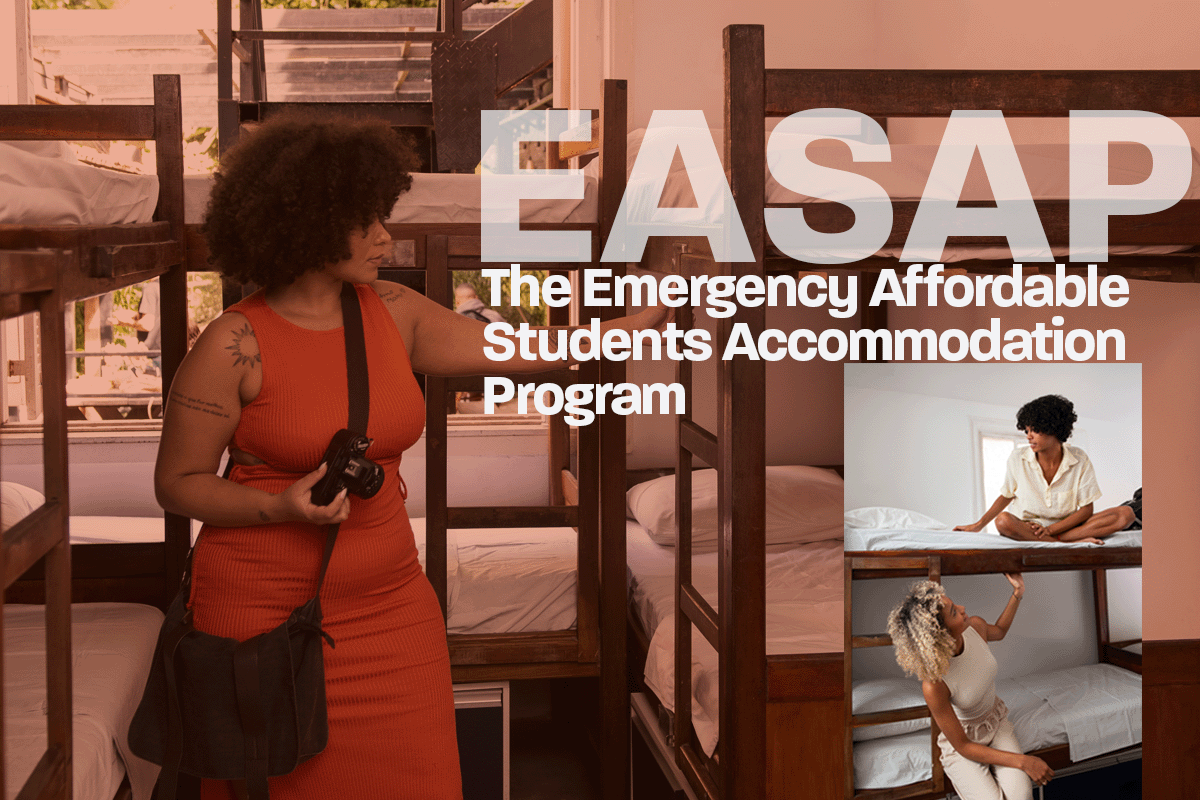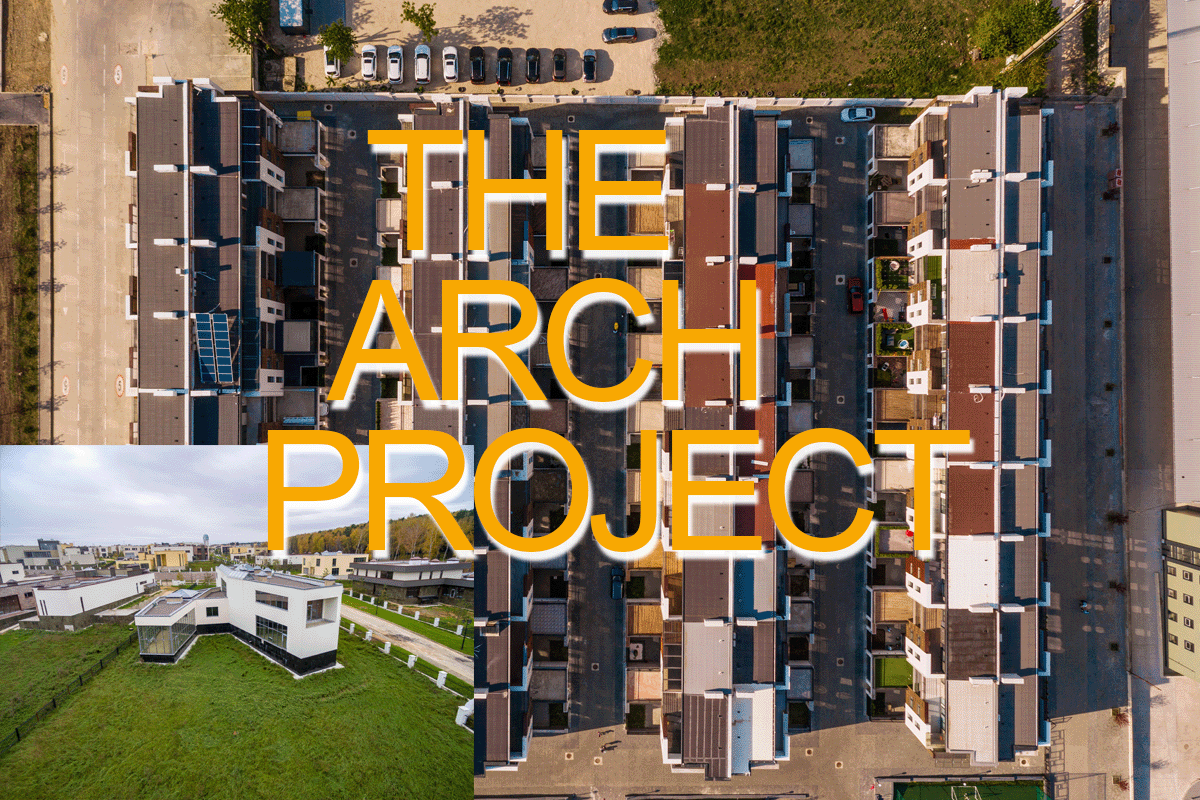In the dynamic landscape of Ghana’s real estate sector, foreign investment has emerged as a pivotal force driving the advancement of affordable housing projects. This article talks about the critical role that international capital plays in reshaping Ghana’s housing market, fueling economic growth, innovation, and the realization of affordable housing for its citizens. Join us as we explore how foreign investment is not only transforming the physical skyline but also redefining the socioeconomic fabric of the nation.
Foreign Investment and Affordable Housing: A Mutual Interconnection
Fostering Economic Growth and Development
Foreign investment and affordable housing development in Ghana are intrinsically intertwined, with each component enhancing the other. International capital infusion injects substantial funds into the real estate sector, igniting economic activity through construction, infrastructure development, and job creation. For instance, strategic partnerships between Ghanaian developers and foreign investors have led to the expansion of housing projects, contributing to both short-term employment opportunities and long-term economic prosperity.
Driving Innovation and Expertise Exchange
Elevating Construction Standards
The influx of foreign investment brings with it a wealth of expertise and innovative construction techniques that elevate the quality of Ghanaian affordable housing projects. International developers often introduce sustainable building practices, cutting-edge technology, and design principles that enhance energy efficiency and durability. This transfer of knowledge between local and foreign stakeholders raises the bar for construction standards, ultimately benefitting the end-users – the residents.
Mitigating Financing Constraints
Unlocking Capital for Development
Foreign investment is a remedy for one of the greatest hurdles in affordable housing development: access to capital. As Ghana aspires to meet the demand for affordable housing, foreign investors provide a lifeline of financial resources that traditional domestic funding may not fully suffice. This infusion of capital accelerates project timelines and enables the realization of housing units that are both accessible and well-constructed.
Collaboration and Partnerships: The Key to Success
Harnessing Synergy for Positive Impact
The success of foreign investment in Ghanaian affordable housing lies in the power of collaboration. Partnerships between local developers, government bodies, and international investors foster an environment conducive to sustainable development. These alliances align goals, share risks, and ensure that projects not only meet housing demand but also adhere to regulatory standards and contribute to urban planning initiatives.
Balancing Global Influence with Local Needs
Safeguarding Socioeconomic Equity
While foreign investment brings numerous benefits, it’s essential to strike a balance between global influence and local needs. Collaborative efforts should emphasize the creation of affordable housing solutions that cater to the diverse socioeconomic spectrum of Ghana’s population. This ensures that the positive impacts of foreign investment reach the widest range of citizens, preventing exclusion and upholding principles of social equity.
7 Affordable Housing Projects in Ghana That Have Benefitted from Foreign Investment
- Appolonia City: This mega-development near Accra, Ghana’s capital, has attracted substantial foreign investment. The project includes residential neighborhoods with a focus on affordable housing options. International investors have played a crucial role in funding and providing expertise for the construction of affordable homes within this planned city.
- Borteyman Affordable Housing Project: Backed by foreign investment, this project aims to provide affordable housing solutions to low and middle-income families in Accra. The involvement of international investors has facilitated the development of housing units with modern amenities and sustainable features.
- TDC Affordable Housing Project: The Tema Development Corporation (TDC) has collaborated with foreign investors to address the affordable housing needs in Tema, another major city in Ghana. This partnership has resulted in the creation of affordable housing communities, offering a mix of housing options to cater to various income levels.
- Sakumono Affordable Housing: Located in the Greater Accra Region, this project has seen the participation of foreign investors who recognize the potential for sustainable affordable housing solutions. The project’s design and construction have been influenced by international best practices, ensuring high-quality housing units for residents.
- Ridge Housing Project: In the heart of Accra, the Ridge Housing Project is a prime example of how foreign investment can support affordable housing development in urban centers. This project focuses on creating affordable homes in proximity to key amenities, offering residents a convenient and comfortable living experience.
- Ningo-Prampram Affordable Housing: Situated on the outskirts of Accra, this project has attracted foreign investors eager to contribute to Ghana’s affordable housing sector. The development emphasizes eco-friendly and energy-efficient design principles, which have been influenced by international expertise.
- Santoe City Project: Foreign investment has also been directed towards the Santoe City development, aiming to provide affordable housing options to Ghanaians. This project underscores the importance of collaborations between international investors and local developers to ensure the success of affordable housing initiatives.
As Ghana continues to make strides in affordable housing provision, the role of foreign investment takes center stage. The infusion of international capital, expertise, and innovation propels the nation toward a future where adequate housing is a reality for all. By embracing strategic collaborations and safeguarding the interests of the local population, Ghana can harness the transformative potential of foreign investment to reshape its housing landscape and empower its citizens for generations to come.




